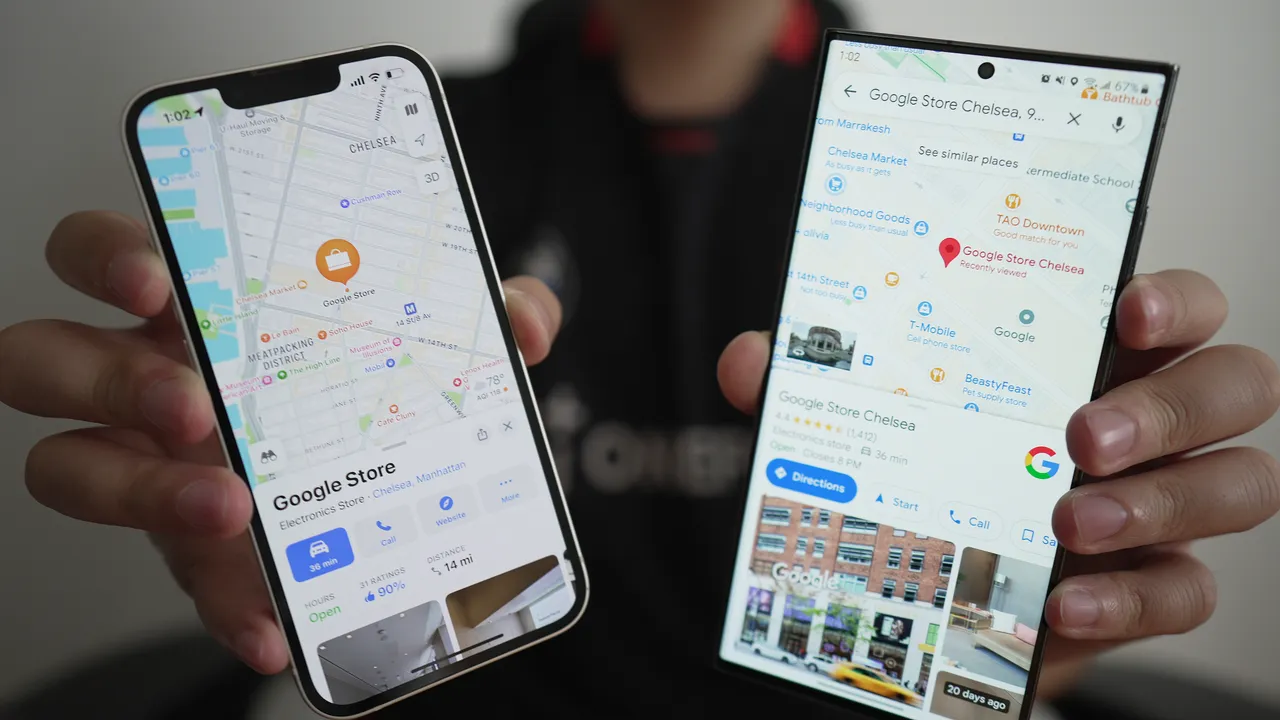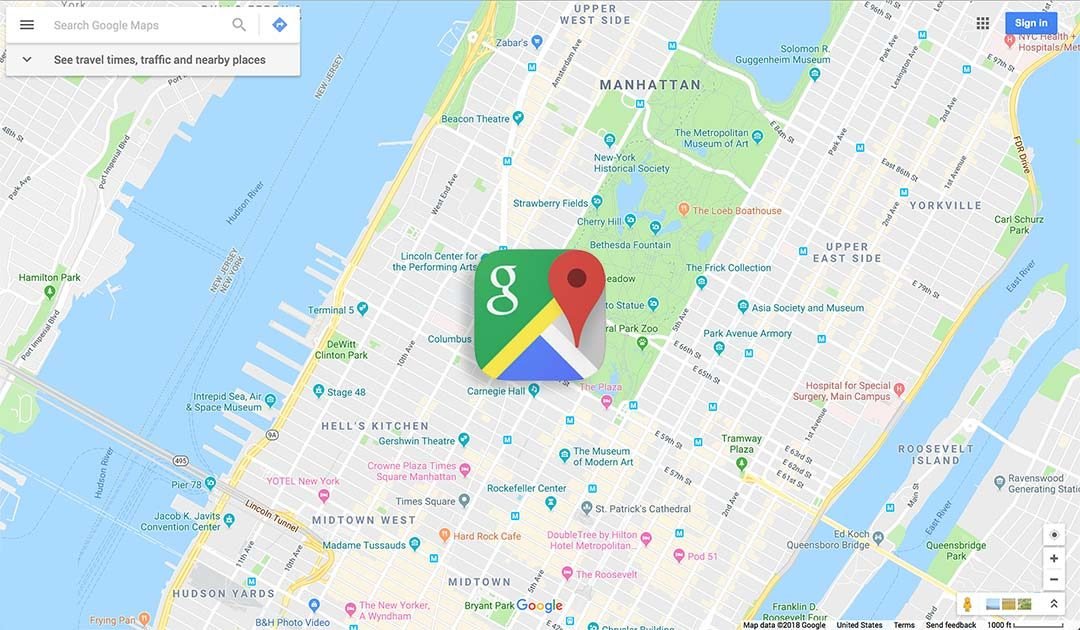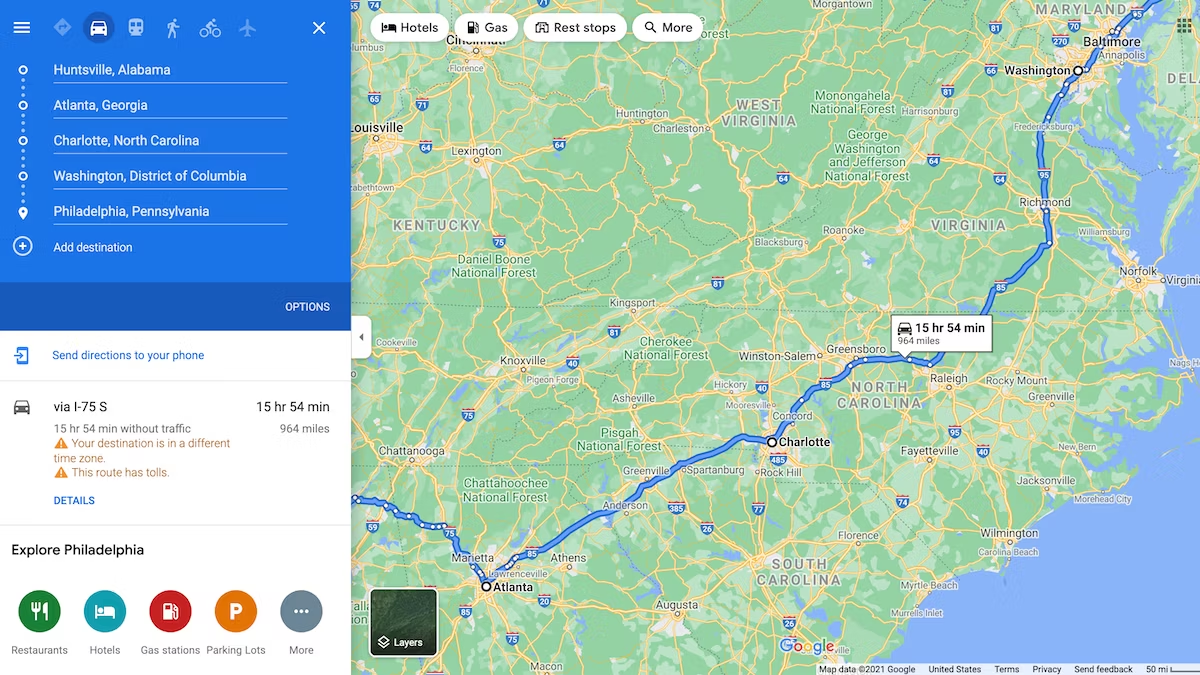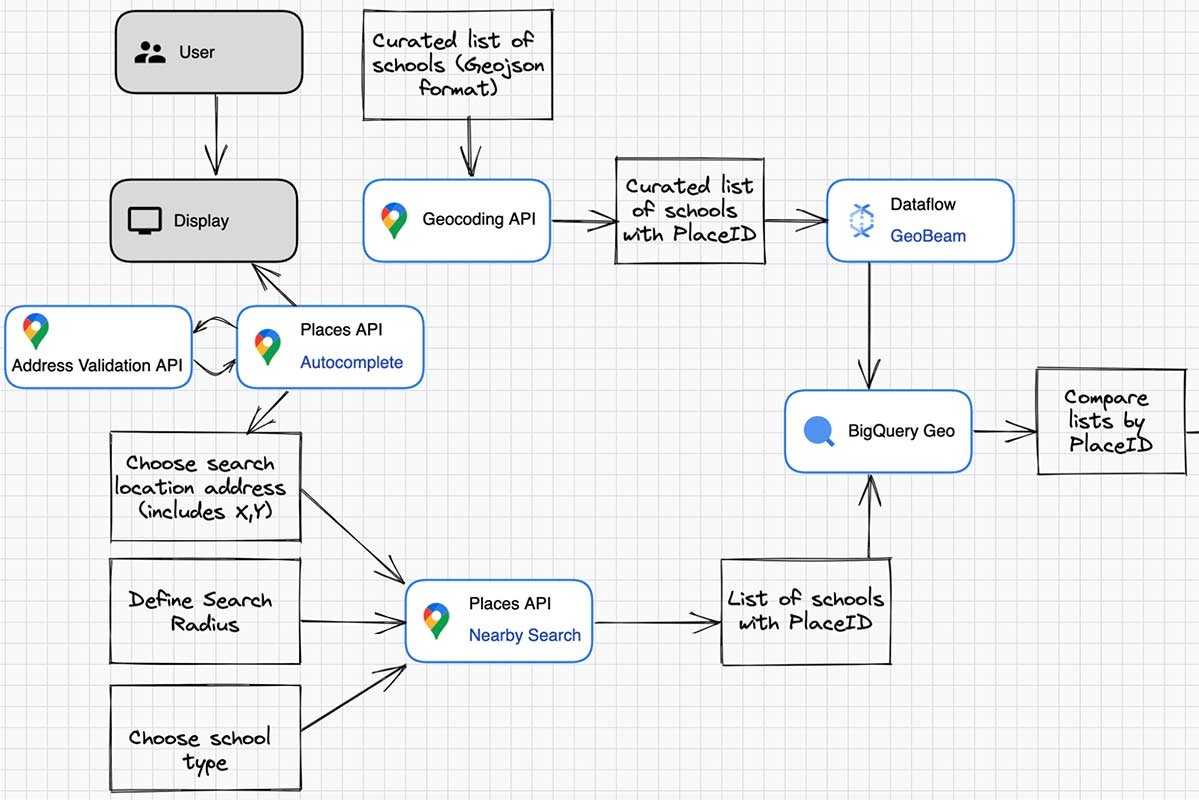In the world of digital navigation, Google Maps stands out as a leading tool, but it faces competition from various other mapping services. This a google maps comparison review examines the features, strengths, and weaknesses of Google Maps, Apple Maps, Waze, and Bing Maps, helping users choose the best service for their needs.

Google Maps: The Industry Leader
Google Maps is renowned for its comprehensive features and extensive global coverage. It offers detailed maps, satellite imagery, and Street View, providing users with a rich, interactive experience. The platform excels in real-time traffic updates, public transit information, and seamless integration with other Google services. Additionally, Google Maps supports offline maps and is known for its accurate navigation and extensive Points of Interest (POI) database.
Apple Maps: A Strong Competitor
Apple Maps has significantly improved since its rocky launch. It offers a sleek, user-friendly interface with smooth animations and high-quality graphics. Apple Maps integrates well with other Apple devices and services, providing a cohesive user experience. Features like Flyover mode, which offers 3D views of cities, and detailed indoor maps of major locations add to its appeal. However, Apple Maps has a smaller POI database compared to Google Maps and is primarily focused on iOS users.
Waze: The Community-Driven Option
Waze, also owned by Google, differentiates itself with a community-driven approach. It relies on user-submitted data to provide real-time traffic updates, accident reports, and road hazards. This makes Waze particularly effective for drivers looking to avoid traffic jams and find the fastest routes. The app’s social features, like sharing routes and ETA with friends, enhance its community feel. However, Waze lacks the comprehensive POI database and public transit information found in Google Maps.
Bing Maps: A Solid Alternative
Bing Maps offers a solid alternative with features like detailed maps, aerial and bird’s-eye views, and traffic updates. It integrates well with Microsoft services and provides tools for businesses, such as the ability to embed maps in websites. Bing Maps also includes Streetside, similar to Google’s Street View, and has strong global coverage. However, it doesn’t match Google Maps in terms of real-time updates and the depth of its POI database.
User Interface and Experience
When comparing user interfaces, Google Maps and Apple Maps lead with intuitive, easy-to-navigate designs. Google Maps is often praised for its simplicity and functionality, while Apple Maps wins points for its aesthetic appeal. Waze offers a more playful interface with a focus on real-time updates, which can sometimes be overwhelming. Bing Maps maintains a straightforward design but can feel dated compared to its competitors.
Navigation and Accuracy
In terms of navigation accuracy, Google Maps generally outperforms its rivals, providing precise directions and extensive route options. Apple Maps has closed the gap significantly, offering reliable navigation, especially for iOS users. Waze excels in real-time traffic avoidance, making it a favorite for daily commuters. Bing Maps provides accurate navigation but lacks some of the advanced real-time features of Google Maps and Waze.
Public Transit and Additional Features
Google Maps stands out with its comprehensive public transit information, covering numerous cities worldwide. Apple Maps has improved its transit features but is still catching up in terms of coverage. Waze does not offer public transit information, focusing instead on driving routes. Bing Maps includes transit data but lacks the depth and real-time updates of Google Maps.
Conclusion
Choosing the best mapping service depends on individual needs and preferences. Google Maps remains the most comprehensive and versatile option, excelling in navigation, real-time updates, and public transit information. Apple Maps is a strong contender for iOS users, offering a polished interface and improving features. Waze is ideal for drivers seeking real-time, community-driven updates. Bing Maps provides a solid alternative with good integration with Microsoft services. Ultimately, the choice comes down to which features matter most to the user.










